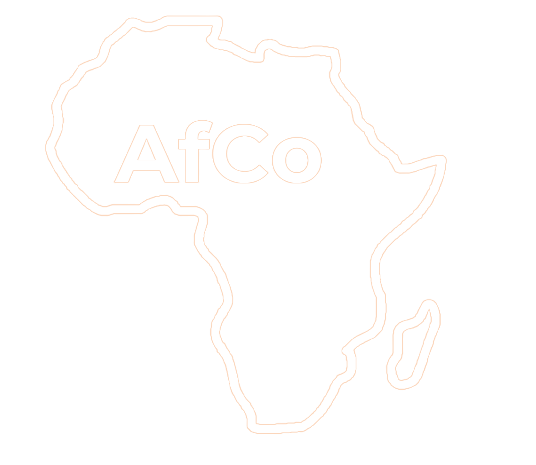God's new frontier in Cameroon
Extending from the Gulf of Guinea to Lake Chad, Cameroon has, since pre-colonial times, come under a multitude of religious influences due to religious wars (the Jihads), the migration of Muslim traders and preachers, and the concurrent arrival of Catholic and Protestant missionaries. The extreme diversity of religious affiliations today bears testimony to how differently the various local societies embraced these religious systems that all claim to be universal. The resulting religious map paints less a picture of a Muslim north pitched against an Animist-Christian south than it does a complex mosaic in which there continues to be a great deal of confusion between religious identity and ethnic-regional identity, both in the way the people mobilize politically and in the social representations. Artificially fixed by decades of authoritarian rule, this ethno-cultural geography finally exploded with the liberalization laws of the early 1990s. Migration movements, urbanization, the opening up of the country to international proselytizing influences, and competition resulting from the introduction of multi-party politics have all led to significant realignments in the religious sphere that have not been without resulting tensions. In short, the explosion in the number of cultural choices and the collapse of internal geo-religious boundaries are indicative both of the profound social changes that are taking place in Cameroon today, and the connection of the country to major global geopolitical influences.
